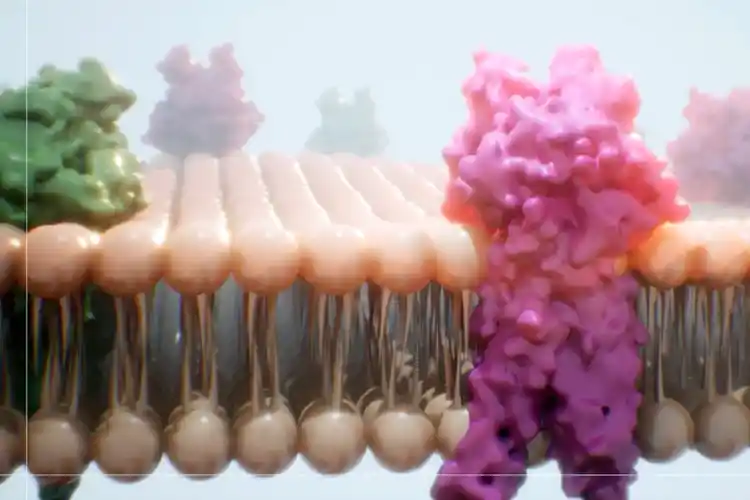How Gene Therapy Targets Follicular Lymphoma

Hide Video Transcript
Video Transcript
SPEAKER
One of the most common forms of Non-Hodgkin's lymphoma is follicular lymphoma, a slow growing blood cancer that affects your immune system. It occurs when infection fighting white cells called B lymphocytes or B cells become cancerous and form tumors in your lymph nodes that can spread to other areas.
When standard treatment doesn't work, your oncologist might recommend a gene therapy called CAR T-cell therapy.
It's a highly specialized treatment that involves genetically modifying another type of white blood cell called a T cell to target the cancer.
T-cells can normally identify virus infected cells using specialized T cell receptors, but cancer cells are harder to detect.
That's because the molecules and proteins on the surface of a cancer cell can look similar to ones on a normal cell.
With CAR T-cell therapy, T-cells are collected from your own blood.
Then they're genetically engineered to produce artificial proteins called chimeric antigen receptors on the cell surface that can better locate the cancer cells.
The modified T-cells are grown in the lab by the millions. So there's an ample supply for treatment.
Once infused back into your body, the T-cells find the cancerous B-cells, bind to the proteins on the cell surface, and kill the cancer.
CAR T-cell therapy involves a single infusion. And its benefits can last many years.
While it shows great promise, it's not entirely risk free.
Talk to your doctor about gene therapy and whether it's right for you.